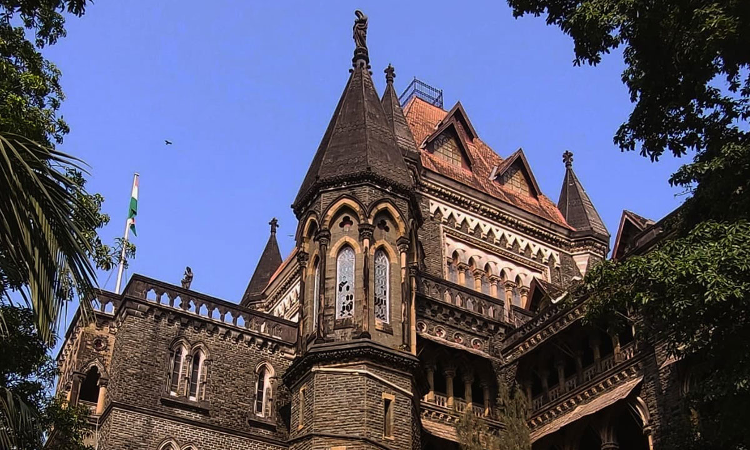Bombay High Court cancels order of detention on account of breakdown of Urdu translation
The petition by the detenue's father, Shahabaz Ahmed Mohammad Yusuf, who was not provided with translated witness statements in Urdu

The order for detention was obtained against a criminal offense dated March 3, 2024, which was filed at Ayesha Nagar Police Station under the provisions of the Indian Penal Code of Sections 395, 143, 147, 323, 324, 506 as well as having been perforated by two in-camera statements of the witnesses.
The Bombay High Court did away with a detention order against a person named Shahabaz Ahmed Mohammad Yusuf from Nashik with the explanation that he was not given translated witness statements in Urdu, the only language he is conversant in.
The petition filed by the father of the detained Shahabaz Ahmed Mohammad Yusuf challenged the July 30, 2024, detention order issued by the District Magistrate of Nashik under the Maharashtra Prevention of Dangerous Activities (MPDA) for Slumlords, Bootleggers, Drug Offenders, Dangerous Persons, Video Pirates, Sand Smugglers, and Persons engaged in Black marketing Essential Commodities Act, 1981. According to the petition, “The detention order should have been set aside by now.
We have received the evidence on which the order was based and the charge that the detenue was involved in the offense of pretending to be Mr. N.” We presented the same to the Deputy Commissioner of Police who had verified and certified the same. Further, the petition also contained the evidence submitted by the claimant such as the COV1, criminal background record check, and social media algorithms to the detaining officer who approved the remand order. ”
A March 21 judgment of a Division Bench, comprising Justices Sarang Kotwal and S.M. Modak, emphasized that the detaining authority had equally been obligated to supply the detenue with the Urdu interpretation of the Marathi in-camera statements. This was not done. So, the detenue is deprived of inferring the earliest and most effective representation delaying his right to get protection under Article 22 (5) of the Constitution of India,” the judgment was published on Friday (March 28, 2025).
Mr. Yusuf was held in connection with the nine registered crimes that took place in local police stations such as Pawarwadi, Ramjanpura, Azad Nagar, Malegaon City, and Malegaon Camp between 2018 and 2020. However, the detention order was issued based on a criminal complaint from March 3, 2024, registered at Ayesha Nagar Police Station under Sections 395, 143, 147, 323, 324, 506. It may be noted that the incident of snatching the mobile phone and ₹20,000 took place at around 5 p.m. while some accused persons, including Mr. Yusuf, allegedly assaulted the witnesses.Prosecutor S.V. Gavand also said, “Moreover, there are two in-camera statements that also name two other separately witnessed incidents: in January at 10:30 p.m. and February 2024 at 9:30 p.m. They indicate that Mr. Yusuf committed crimes like, among others, robbery and assault.”
The counsel for the petitioner put up two arguments. The first ground was that the detention order was not passed promptly. I want to be left alone as I think I’ll manage. I still have some papers to correct, so later. I never even managed to mention one of the points.” The second ground raised by her was that the detenue was not furnished with in-camera statements in the Urdu language with which he was conversant.
Thus, the detenue is left without the Making of an early representation effectively challenging the order of the detention, thereby it affects the valuable right under Article 22(5) of the Constitution of India. It is, therefore, on all these counts that the detention order is liable to be set aside, advocate Ansari argued.
The bench also agreed with the arguments and wrote that while the detainee had been informed of the detention order and the grounds in Urdu, the critical in-camera statements of witnesses had not been translated and were thus only served in Marathi. “The order of detention is quashed and set aside.
The rule is made absolute in the aforesaid terms. The detenue shall be released forthwith if not required in any other case. The write petition is disposed of,” the Bench ordered.






